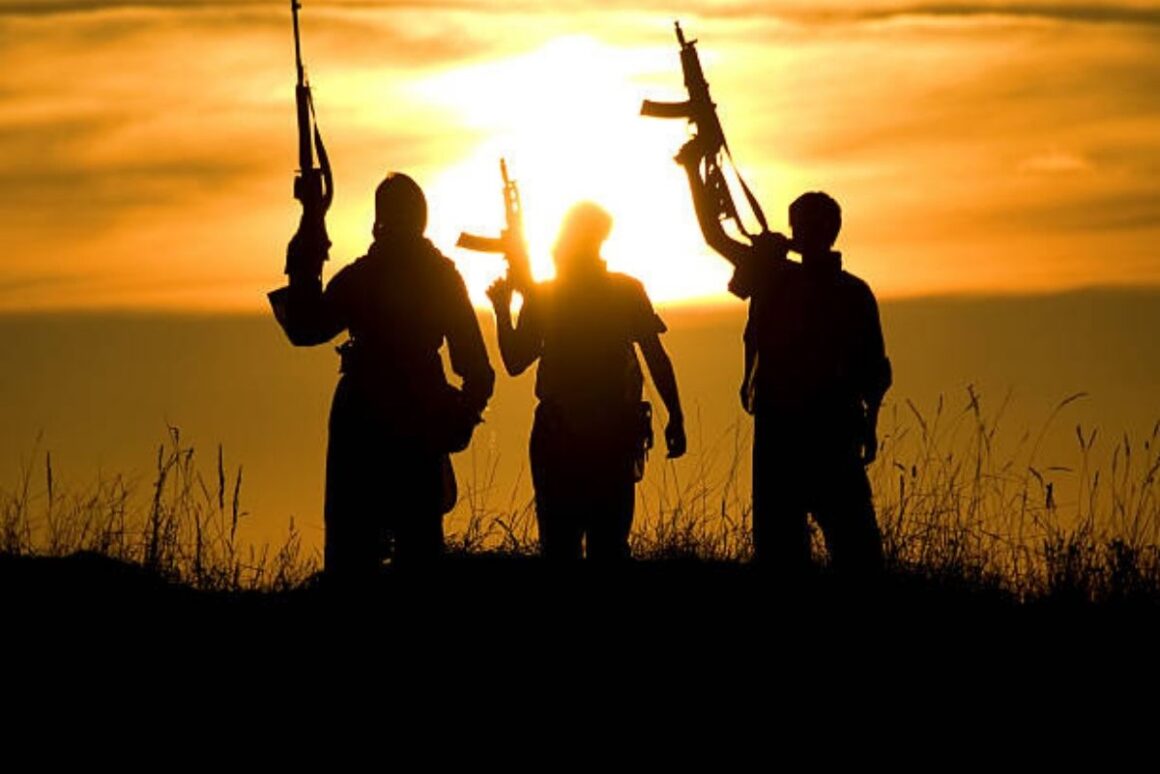Terrorism has creeped in the world since almost a decade, and many countries regardless of their wealth status have been greatly affected by it. Developing countries, especially muslim states like Iraq, Afghanistan, Nigeria, Syria, and Pakistan are the top five terrorism stricken countries today.
But that doesn’t mean superpowers are not. Talking about the United States of America, the country faced a huge terrorist threat only a number of years ago, which shook the country to the core, and sadly, the threat remains intact till today. The face of terrorism has changed, let’s see how.
Terrorism Definition
Terrorism is commonly defined as a weapon of intimidation and fear injected upon innocent citizens or property, and harming them for political objectives. Acts of terrorism like bombing and mass killing entice fear and pose threat to local citizens, and shake the face of economic, political and social ways of how a country is run.
The FBI categorizes terrorism into two types: domestic terrorism and international terrorism. Domestic terrorism is is when a local terrorist group harms the government or local citizens without any foreign involvement or direction. Ted Kaczynski’s mail bomb attacks on universities as a unabomber were acts of domestic terrorism.
The latter, international terrorism is when the terrorist group is foreign based, and their agenda transcends national boundaries. The episode of 9/11 is the biggest and most famous example of an international terrorism attack in the US.
Terrorist Groups
Foreign Terrorist Organization- (FTO) is a designation for non-United States-based organizations deemed by the United States Secretary of State, in accordance with section 219 of the Immigration and Nationality Act of 1965 (INA), to be involved in what US authorities define as terrorist activities.
According to Wikipedia, this is the list of current organizations officially designated as terrorists by various governments:
Terrorism And Homeland Security
Founded by George W. Bush in 2002, The United States Department of Homeland Security (DHS) came into being to counter the terrorist threats on the country. One of the Department’s main concerns is to undoubtedly shield Americans from psychological oppression and other country security dangers by forestalling country states and their intermediaries, transnational criminal associations, and gatherings or people from participating in terrorist or criminal acts that compromise the Homeland.
As of late, psychological militants and lawbreakers have progressively received new strategies and progressed strategies with an end goal to bypass country security and compromise the wellbeing, security, and success of the American public and our partners. The rapidly developing danger condition requests a proactive reaction by DHS and its accomplices to distinguish, recognize, and forestall assaults against the United States.
Causes of Terrorism
Having a whole group of criminals carry out terrorist activities in a country must have very strong motives behind their actions. Research shows that naturally, there are a few causes of terrorism:
Social and Political Cause
Some individuals go to psychological warfare when they are attempting to handle what they see as social foul play. Psychological militants following up on this premise may accept that they have been deprived of something they feel qualified for, for example, certain rights, land or assets.
Religious Convictions
Throughout history, strict causes have been the inspiration for an assortment of terrorist assaults, however note that religions themselves don’t cause psychological oppression. Terrorists may utilize psychological oppression to rebuff what they see as ‘indecent’ conduct in the public arena, or to vindicate what they see as assaults on their convictions. Strict illegal intimidation isn’t generally around one confidence assaulting another. Divisions between Protestant and Catholic Christians or Shia and Sunni Muslims have additionally led to terrorist assaults through the ages.
Ideological Convictions
Some terrorist groups use illegal intimidation to attempt to facilitate the reason for a philosophy they put stock in. This needn’t be a political or strict ideology. Basic entitlements activists, ‘ecoterrorists’ and supremacist bunches have all pre-owned violence coordinated at people and property in the name of their convictions.
Socio-financial Variables
Terrorism studies have demonstrated that hardship (poverty, absence of instruction, absence of political opportunity) can drive individuals to psychological warfare. It is accepted that individuals in these circumstances might be more vulnerable to enlistment by associations utilizing terrorist strategies.
How has Terrorism changed in recent years?
The face of terrorism was given a new fearful shape ever since 9/11. Nine years ago on 11th September 2001, the Islamic Terrorist Group Al-Qaeda, led by Usama Bin Laden carried out four planned terrorist attacks on the World Trade Center, The Pentagon and U.S Capitol. Till today, the attack is named as one of the vicious terrorist attacks, with almost 3000 deaths and 25,000 non-fatal casualties.
Since the 9/11 assaults, people motivated by jihadist belief system have killed 104 individuals in the United States. Nonetheless, people roused by a far-tight ideology (counting racial oppressor, anti-government, and anti-abortion views) have slaughtered 109 people. On August 3, 2019, Patrick Crusius, a 21-year-old white man, purportedly shot and slaughtered 22 individuals at a Walmart in El Paso in the wake of posting a declaration that depicted his rationale as a ‘Hispanic intrusion’ and showed support to the terrorist attacks against mosques in Christchurch, New Zealand. This terrorist attack is the deadliest far-right assault in the post-9/11 period.
Up till today, the world lives in fear. Anyone could be motivated by wrong means and could carry out mass killings of innocent people in the name of religion or politics. However, after these two fatal incidents, there have been very less deaths each year in the country due to terrorism. But that doesn’t mark the end for terrorism- there are many countries especially the Middle Eastern and South Asian countries who have been and continue to be heavily affected by terrorism that exists in their fate.
